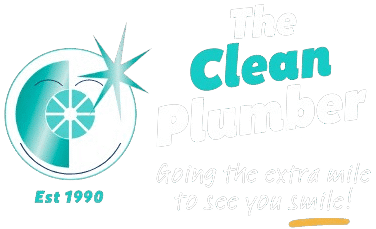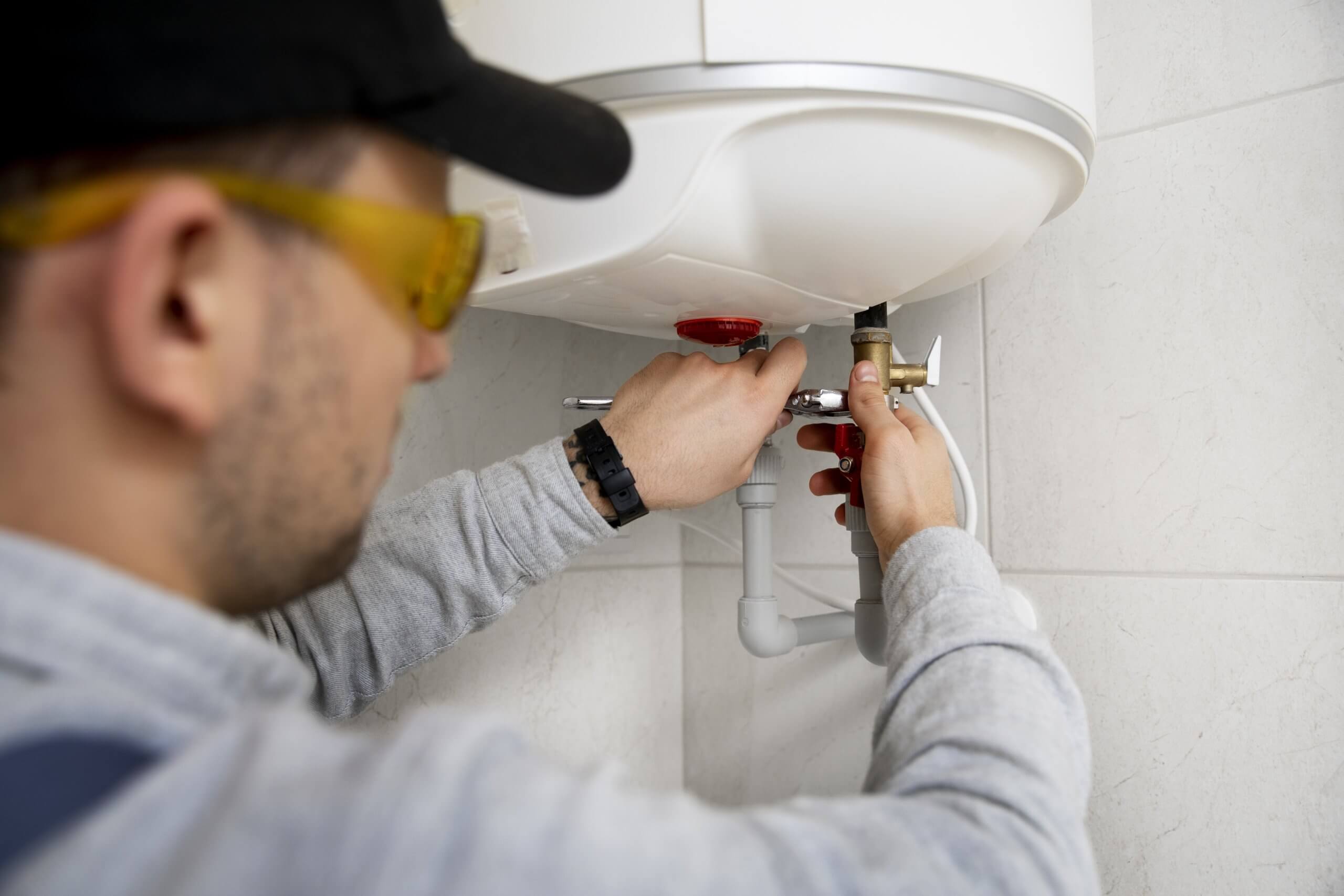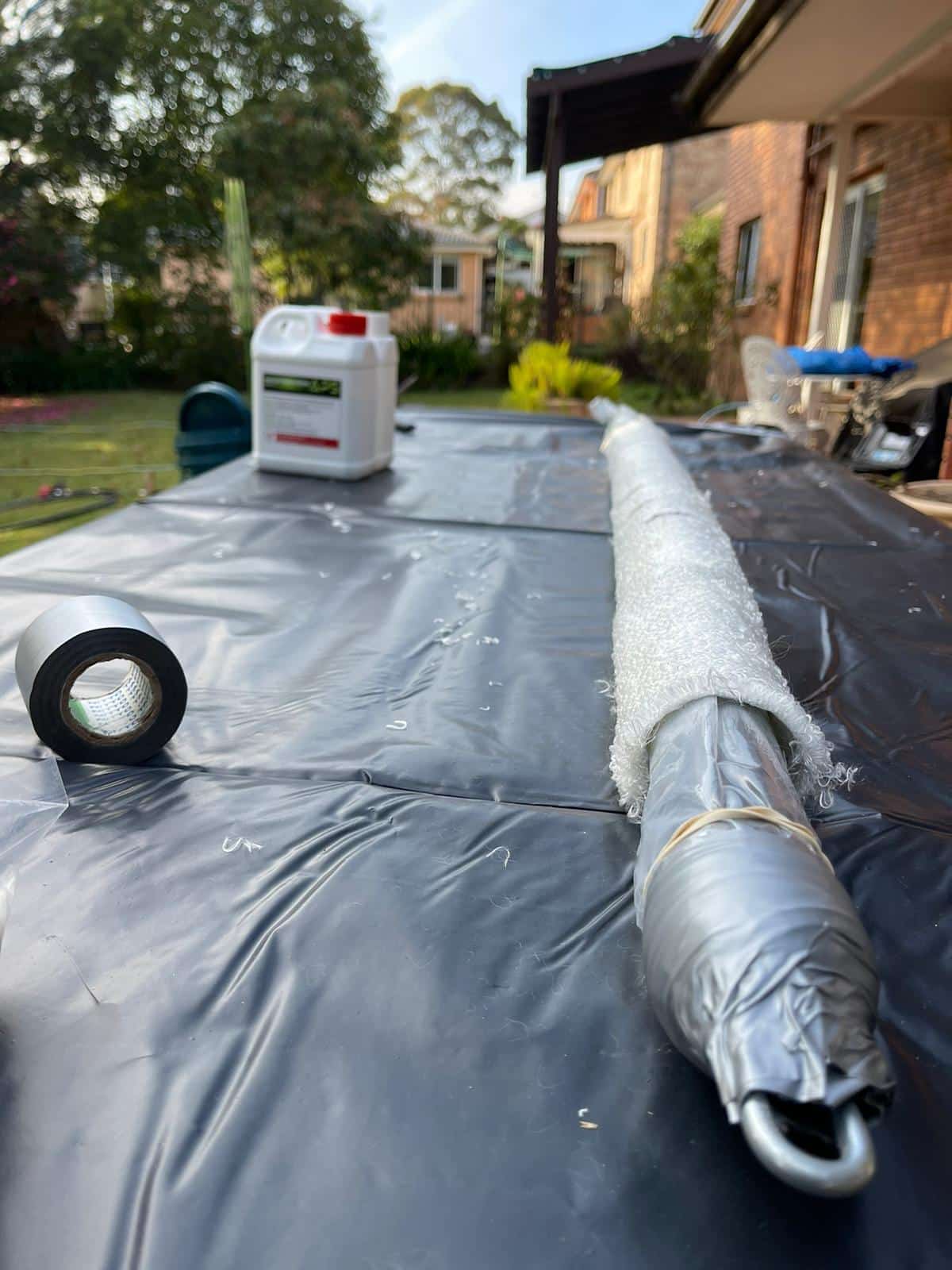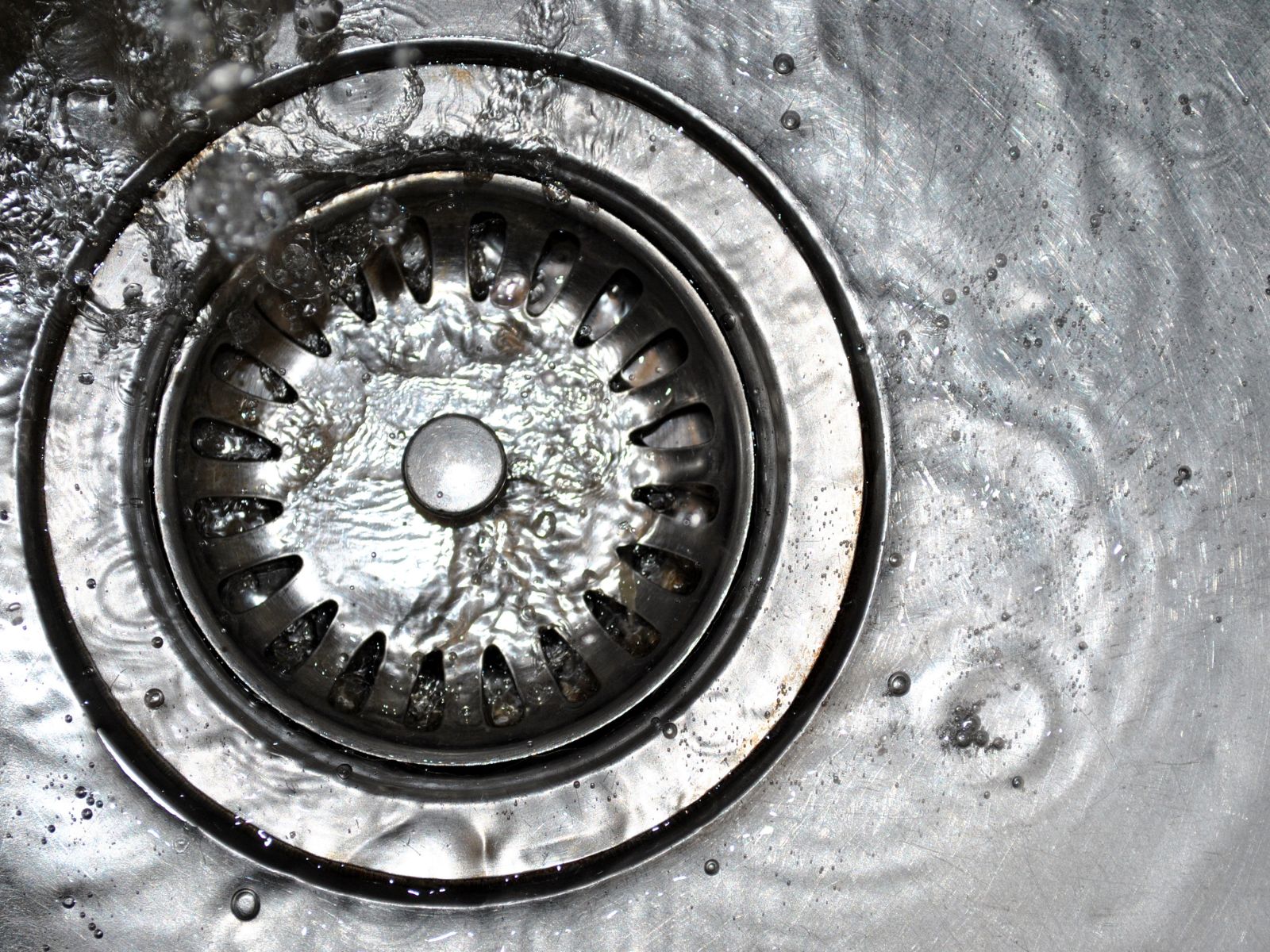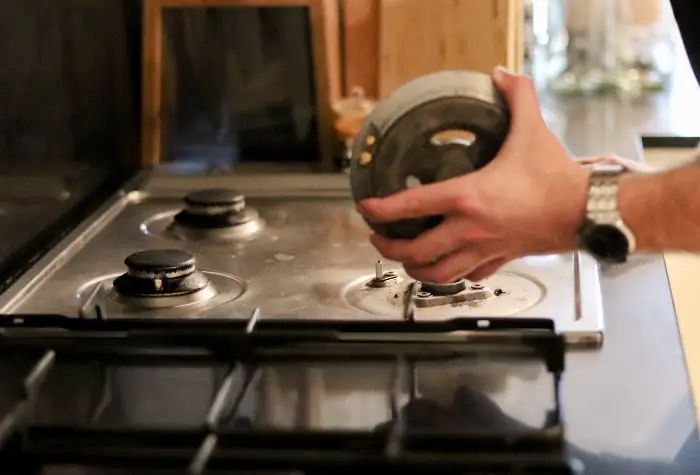If you’ve walked into your kitchen, bathroom or laundry and noticed a foul-smelling drain, you’re not alone. Smelly drains, including those in a smelly bathroom, are a common issue in many Australian homes and can be both unpleasant and puzzling. The good news is that most cases don’t require a plumber or expensive solutions. This guide will show you how to fix smelly drains using simple, affordable and eco-friendly methods—while helping you understand the causes, identify the source, and know when to call in a professional.
What Causes Drains to Smell?
Unpleasant drain smells can arise from a number of common issues, most of which are easily remedied once properly identified. Understanding the root cause, especially for smelly bathroom drains, is the first step to restoring your drains to a fresh and functional state.
Build-ups and Blockages
One of the most frequent causes of smelly drains is the gradual food buildup and organic matter inside the pipes. In kitchen sinks, this can include food scraps, oils, fats and grease, while in bathrooms and laundries, it’s usually hair and soap scum, along with lint. Over time, this debris can form partial or complete blockages, creating stagnant water and promoting the growth of bacteria, which in turn produce foul odors.
Biofilm Build-up
Biofilm is a slimy, sticky layer made up of bacteria, organic material and moisture that clings to the inside of your pipes. It often forms in conjunction with a clogged shower drain and water trap (such as a P-trap or drain plug) and clogged vent pipes, providing an ideal environment for odour-causing bacteria to thrive. This is a common issue in both old and new plumbing systems and can be particularly stubborn to clean.
Dry or Faulty Traps
Every sink and floor drain in your home should have a trap—a curved section of pipe (typically a P-trap or S-trap) designed to hold a small amount of water. This water acts as a barrier, preventing sewer gases from rising up into your home from a blocked drain. If the trap dries out—perhaps due to infrequent use of your garbage disposal —or if it’s faulty, improperly installed, or missing traps, sewer line issues can result in sewer odours entering the room freely.
Plumbing Design or Ventilation Issues
In some cases, the problem isn’t what’s inside your pipes, but how your plumbing system is designed. A blocked or incorrectly sized vent pipe, for example, can prevent air from flowing properly through the system. This can create a vacuum effect that slows drainage and causes waste water to become trapped, leading to odours and poor performance. Plumbing codes in Australia require proper venting, but issues can still arise—particularly in older homes or DIY renovations.
Identifying the Source of the Smell
To effectively eliminate bad drain smells, it’s essential to first pinpoint their source, as plumbing problems can often be the root caus . Here’s how drain odors typically present themselves in different parts of the home:
Kitchen Drains
A smelly kitchen sink is often the result of grease and food particles accumulating in the pipes or disposal unit. These substances can stick to the walls of a clogged drain, solidify over time, and start to rot, especially in warm weather. If you notice slow drainage in the kitchen sink drain accompanied by unpleasant smells, such as a sour or rancid smell, this is likely the culprit.
Bathroom Drains
Bathroom basins, showers, and bath drains are prone to build-ups of hair and soap particles, soap scum, shampoo, toothpaste, and body oils. These materials can clog the drain partially and encourage the growth of bacteria and mildew, leading to a musty odour or sewage-like smells.
Laundry Drains
In laundry rooms, drains often become clogged with lint from washing machines and sometimes from the garbage disposal, as well as detergent and fabric softener residue. The warm, moist environment makes a perfect breeding ground for mould and bacteria, which can be exacerbated by the presence of dish soap, common contributors to bad smells.
Whole-House Drain Odour
If multiple drains around the house are producing a foul odour simultaneously, the issue may be more serious. A blocked or damaged main sewer line, or a problem in the venting system, can cause odours to back up through multiple fixtures. These situations often require the expertise of a professional plumber for assessment and repair.
DIY Methods to Fix Smelly Drains
Before calling in a professional drain cleaning service or plumber, there are several cost-effective and environmentally friendly methods you can try to clean a smelly drain and restore freshness.
1. Baking Soda and Vinegar
A tried-and-tested home remedy, this method combines the natural deodorising power of baking soda with the fizzing action of hot vinegar to break down grime and neutralise smells.
Instructions:
- Pour one cup of baking soda down the affected drain.
- Follow with one cup of white vinegar.
- Allow the mixture to sit and fizz for 15–30 minutes.
- Flush the drain with a full kettle of boiling water to wash away the loosened debris.
2. Boiling Water
Sometimes the simplest solution is the most effective. To effectively clean your pipes, you can pour boiling water to help dissolve soap scum, fats, and oils clinging to the inside. Do this once a week to prevent build-up.
Tip: Pour slowly and in stages to avoid splashing and to give the water time to work through the plumbing.
3. Lemon or Citrus Peels
If your drain is only mildly smelly and you’re after a quick, fresh scent, citrus peels, along with hot water, can do the trick. The natural oils in lemon and orange peels help break down grease while using hot tap water to leave behind a refreshing aroma.
How to use: Drop a handful of fresh peels into the drain and run hot water for a few minutes. Alternatively, grind them in your disposal unit if you have one.
4. Enzyme-Based Cleaners
These commercial products use natural enzymes and bacteria to break down organic material inside your pipes, helping to prevent mould growth. They’re particularly effective for recurring odours and can be used regularly without damaging your plumbing.
Look for: Australian-made enzyme cleaners that are biodegradable and safe for septic systems, which may help if you have a blocked sewer line.
When Cleaning Isn’t Enough: Persistent Drain Smells
If you’ve tried all the DIY tricks and the smell still lingers, the issue might be more serious. Here are some potential underlying causes:
Deep Blockages
Clogs that occur deeper in the pipework or even in the main sewer line won’t be cleared by vinegar or boiling water. In such cases, a plumber may need to use a drain snake or high-pressure water jet to clear the obstruction.
Biofilm in the Main Pipes
A thick build-up of biofilm throughout your plumbing system, especially in older homes, may require professional-grade cleaning. Some plumbers offer pipe flushing services that clean the entire system using safe but powerful solutions.
Dry or Damaged Traps
If your P-trap is regularly drying out or leaking, it may need to be repaired or replaced, so make sure to use rubber gloves when handling it . This is particularly common in seldom-used sinks or floor drains.
Sewer Line or Ventilation Issues
If you’re getting whiffs of sewage in more than one room, it could point to sewer line problems, including a blocked or broken sewer line. This is a job for a licensed plumber who can inspect the pipes with a camera and recommend the appropriate repairs.
Preventing Smelly Drains in the Future
Preventative maintenance is your best defence against recurring drain odours. Here are some practical habits you can adopt:
- Clean weekly with baking soda and vinegar.
- Never pour fats or oils down the kitchen sink. Let them cool and bin them instead.
- Install drain screens in bathroom and laundry sinks to catch hair and debris.
- Run hot water down the drain after each use to flush away residue.
- Check for leaks or areas where water collects and deal with them promptly.
- Use enzyme cleaners monthly as a preventative measure, especially in high-use areas.
When to Call a Licensed Plumber in Australia
If your efforts haven’t resolved the smell or you suspect a more serious problem, don’t hesitate to contact a licensed plumber. Here’s when to pick up the phone:
- Persistent or severe blockages that DIY methods can’t resolve.
- Bad smells from multiple drains, suggesting a main sewer or vent problem.
- Water backing up into sinks or tubs.
- Suspected plumbing design faults in older homes or renovations.
- Unusual gurgling sounds or slow draining, which may indicate a blocked vent pipe.
Frequently Asked Questions (FAQs)
How do you get rid of a bad smell in a drain?
Try baking soda and vinegar followed by boiling water. If that fails, an enzyme cleaner or plumber may be needed.
How do you clean smelly drains in Australia?
Use natural methods like baking soda and vinegar or boiling water. Avoid harsh chemical cleaners unless advised by a professional.
Does vinegar stop smelly drains?
Yes, white vinegar helps neutralise odours and break down organic build-up when used regularly.
Why does my drain smell bad but there’s no blockage?
This may be due to a dry trap, biofilm, or problems with your venting system.
How do you get rid of a strong smell in a drain?
Start with baking soda, vinegar, and hot water to create a chemical reaction. For persistent smells, use enzyme cleaners or contact a plumber.
Why does drain water have a foul sewer smell?
Drain water can smell foul due to decomposing organic material in the drain pipes, grease build-up, or sewer gas escaping through faulty plumbing.
Conclusion
Smelly drains may be a common problem in Australian households, but they don’t have to become a regular headache. With a little know-how and some regular maintenance, you can prevent stinky drain smells from taking over your home. Whether you’re reaching for natural cleaners, scrubbing out grime, or calling in a professional, the key is to act early and maintain your plumbing system regularly.
If odours persist despite your best efforts, don’t ignore the signs—what seems like a simple smell today could point to a larger issue down the track. When in doubt, trust a licensed plumber to diagnose the problem and help you unblock a blocked drain quickly to get your drains flowing—and smelling—like new again.


